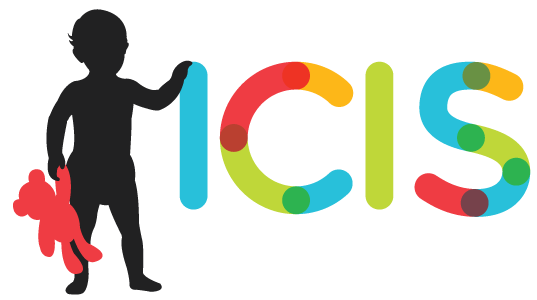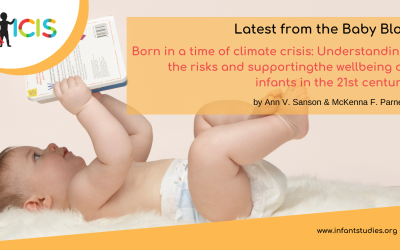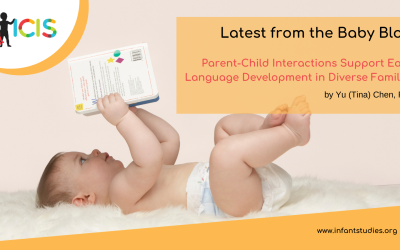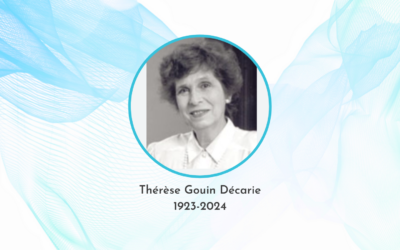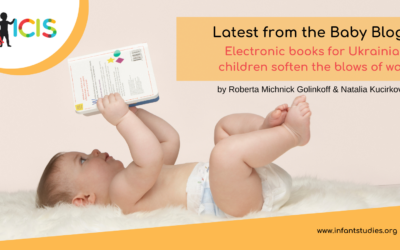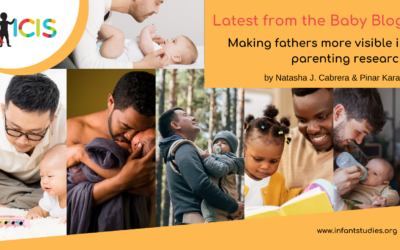Raising children during a time of climate crisis can pose many challenges for parents as well as professionals who work with them. Surveys show that most people are now aware of, and alarmed by, the impacts of climate change on the physical environment (Edelman,...
Research Highlights
Parent-Child Interactions Support Early Language Development in Diverse Families
The formative years of a child’s life, from birth to age five, are pivotal for language development. During this crucial period, children rapidly acquire sounds, words, and communication skills essential for school readiness and future success. Central to this process...
In Memoriam: Thérèse Gouin Décarie
I wish to share the sad news that Professor Thérèse Gouin Décarie (1923-2024) has passed away on April 2nd. Professor Décarie was internationally known for her research on infant development and has been a leader in the establishment of the field of developmental...
Electronic books for Ukrainian children soften the blows of war
by Roberta Michnick Golinkoff, University of Delaware (USA) & Natalia Kucirkova, University of Stavanger (Norway) In 1971, Michael S. Hart digitized the U.S. Declaration of Independence, making it the first e-book in the world. When e-books for children began to...
Making fathers more visible in parenting research
by Natasha J. Cabrera, Ph.D. & Pinar Karan, MA. In 2018, my colleagues and I wrote an article emphasizing the non-contested fact that fathers are parents too, and that research on parents should intentionally include them (Cabrera, Volling, & Barr, 2018). We...
Protecting Maternal Health – For the sake of mothers and their children
by Vanessa LoBue January 23, 2024 will mark the 8th Annual Maternal Health Awareness Day—the one day a year we come together to raise awareness about the country’s maternal morbidity crisis and how we can improve physical and mental health outcomes for mothers. This...
